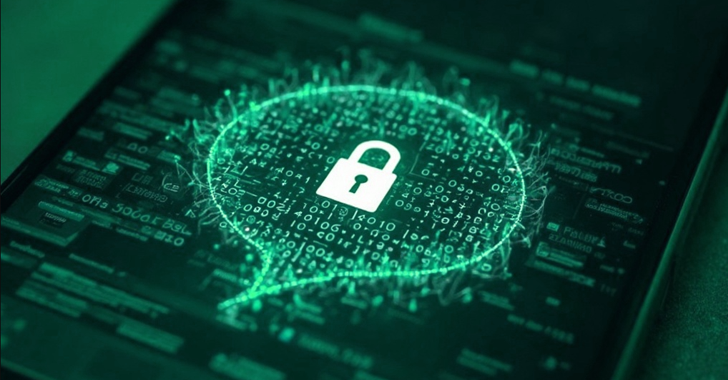The GSM Association, the governing body that oversees the development of the Rich Communications Services (RCS) protocol, on Tuesday, said it’s working towards implementing end-to-end encryption (E2EE) to secure messages sent between the Android and iOS ecosystems.
“The next major milestone is for the RCS Universal Profile to add important user protections such as interoperable end-to-end encryption,” Tom Van Pelt, technical director of GSMA, said.
“This will be the first deployment of standardized, interoperable messaging encryption between different computing platforms, addressing significant technical challenges such as key federation and cryptographically-enforced group membership.”

The development comes a day after Apple officially rolled out iOS 18 with support for RCS in its Messages app, which comes with advanced features like message reactions, typing indications, read receipts, and high-quality media sharing, among others.
RCS, an improvement over the current SMS standard, is currently not end-to-end encrypted out of the box, prompting Google to implement the Signal protocol to secure RCS conversations on Android.
Earlier this year, Apple said it will work with GSMA members to integrate encryption. It’s worth noting that the company’s proprietary iMessage service is E2EE enabled.
“We look forward to continuing to collaborate across the mobile ecosystem to advance the RCS standard with interoperable end-to-end encryption to keep all RCS messages private and secure,” Van Pelt said.
Google, last July, also revealed plans for baking the Message Layer Security (MLS) protocol to its Messages app for Android in order to facilitate interoperability across messaging services and platforms.

As recently as this month, Meta detailed its approach to enable interoperability with third-party messaging services in WhatsApp and Facebook Messenger as part of its efforts to comply with the E.U. Digital Markets Act (DMA) while maintaining E2EE guarantees “as far as possible.”
“Building third-party chats is technically challenging and preserving privacy and security is a shared responsibility,” the social media company said. “We have already come a long way, but there is a lot more to build.”
Found this article interesting? Follow us on Twitter and LinkedIn to read more exclusive content we post.
Some parts of this article are sourced from:
thehackernews.com


 Patch Issued for Critical VMware vCenter Flaw Allowing Remote Code Execution
Patch Issued for Critical VMware vCenter Flaw Allowing Remote Code Execution